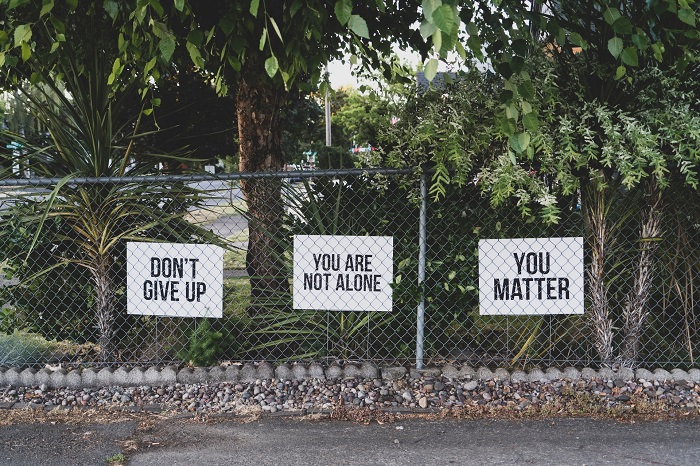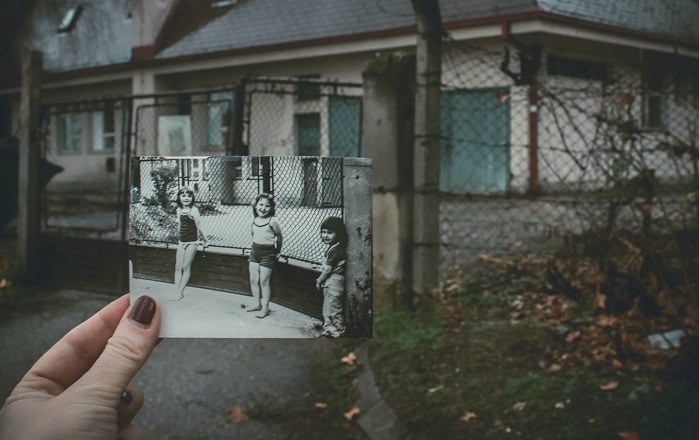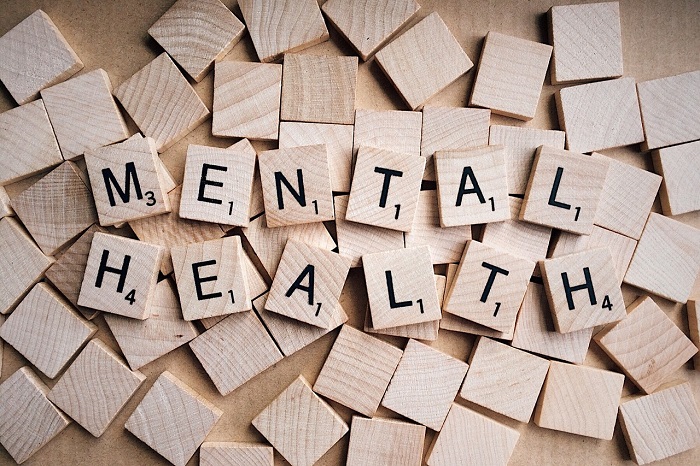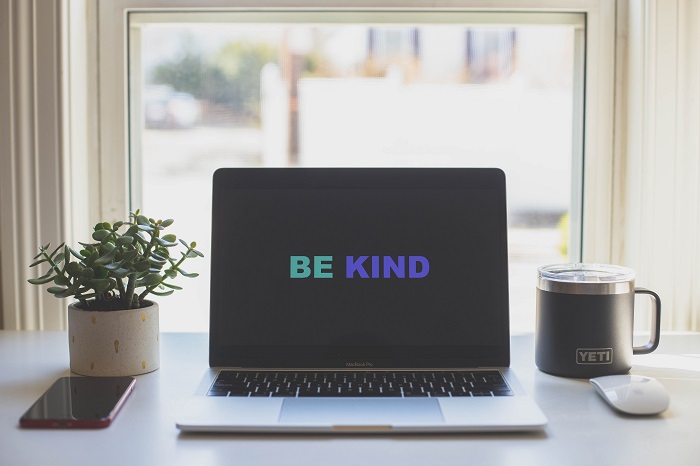Mental Health
Recent Newsletter Articles

How Can We Process Trauma and Tragedy with Our Students?
How could this happen again? Are you or your students asking this question? Another tragic and traumatic event in Minneapolis, during a time already fraught with heightened community trauma. How can you process through this tragic event and how do you open discussion with your students? Read More

Suicide Prevention Awareness
Fear, worry, and isolation from the COVID pandemic has increased depression, anxiety and the suicide rate in Minnesota. Suicide is the 8th leading cause of death in our state. Find out how to recognize potential warning signs of suicide and what you can do as an ABE practitioner. Read More

How Memory Works
Many disabilities can impact memory, such as brain injury, ADHD, dyslexia, or mental health challenges. However, many ABE students struggle with retention for a variety of reasons. Learn how memory works and how to help your students retain information. Read More

I’m tired!
How can you and your students manage constantly evolving change in our COVID world? We are grieving loss in our lives as the pandemic continues to threaten people’s lives and we are uncertain about when it will end. You may feel fatigue, disappointment, sadness, or fear about your district’s decision to teach students virtually, in-person or in a hybrid model. Your students may be having similar feelings. Read More

May is Mental Health Month
This is a good time to check in on how you are managing during the pandemic. Are you suffering from virtual fatigue? Are your moods changing daily? Read more to find strategies on how to manage moods and virtual burnout. Read More

COVID-19 and Stress Management Tips for ABE Staff
The COVID-19 pandemic has created fear and uncertainty in Minnesota and around the world about our safety, health and future which may be impacting people’s mental health. There are many healthy methods to help cope with stress during these uncertain times. Read More

We Can Do Hard Things! Sharing Resources and Information in the Time of COVID-19
School may not be in session, but learning is! This is information you need right now. Keep reading to learn about a new central resource hub for all things related to Minnesota Adult Education during the current public health crisis. Read More

Opioids and Chemical Abuse
Steve started having achy, stiff, swollen joints, rashes, frequent headaches, sweating, horrible pain and foggy cognition. He sought medical help but the doctors he saw were baffled by his symptoms, so they prescribed an opioid to treat the pain. Read More

Culture Care Connection
Did you know that PTSD, depression and anxiety are common among Somali refugees? Did you know that many Somalis will not admit to mental health problems or seek treatment due to negative perceptions and stigma, some of which are tied to cultural norms? Read More

Suicide Prevention for Adult Educators
Suicide is the 9th leading cause of all deaths in Minnesota. Preventing suicide is an important skill to develop. Are you aware of a free online course titled, “Suicide Prevention for Adult Educators”? This training is intended to address the re-licensure area of Suicide Prevention Best Practices and offers 1.5 CEUs. Read More